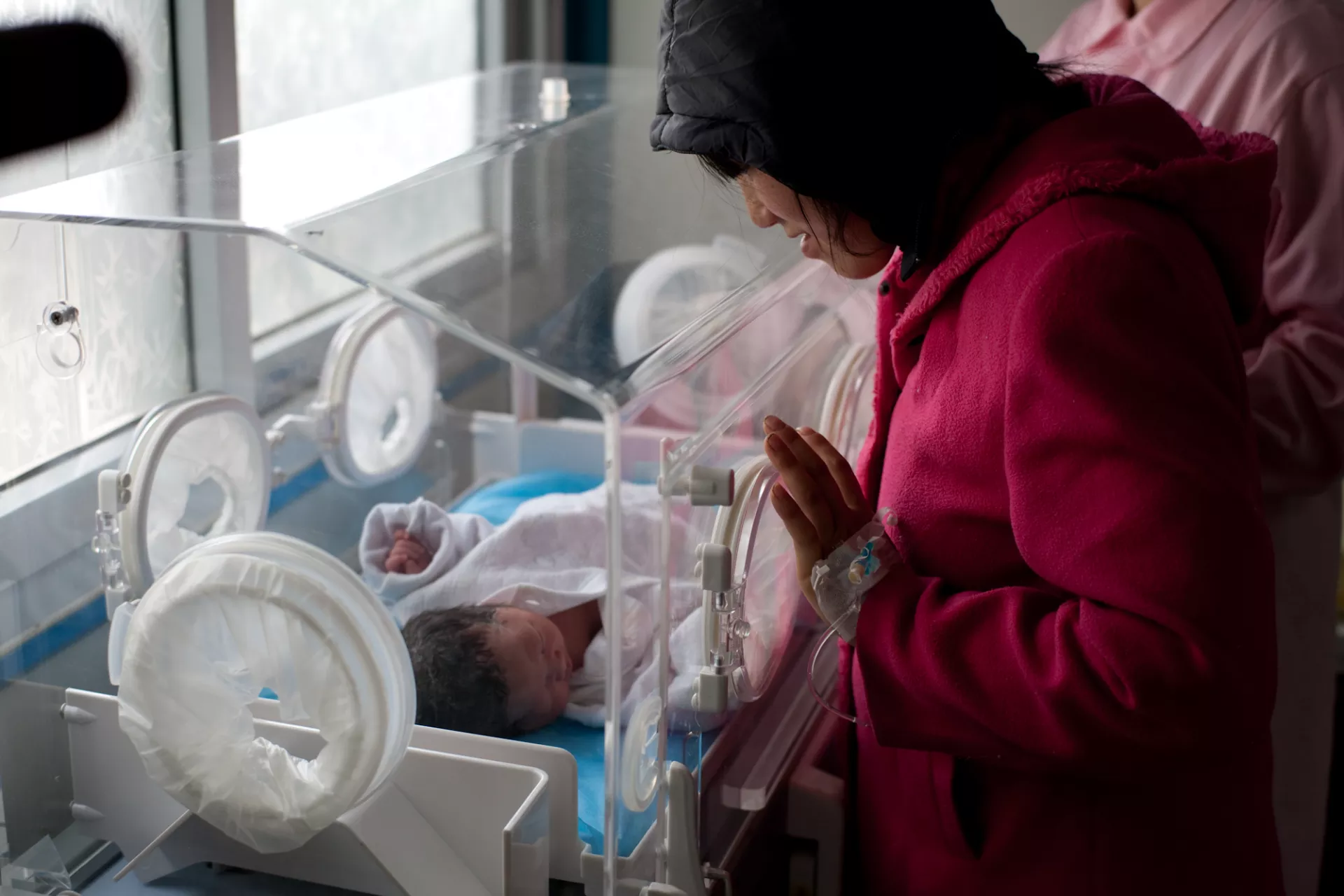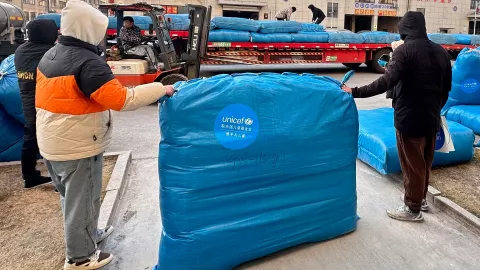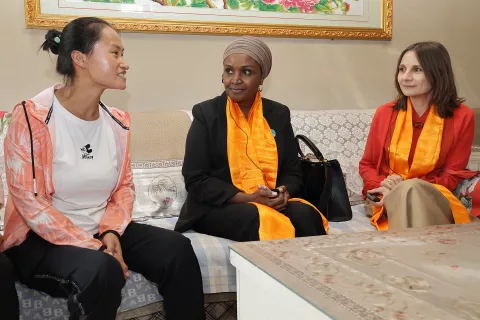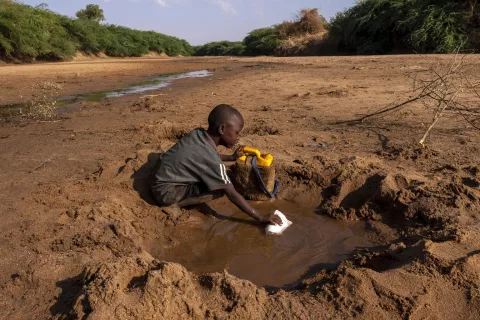Extending the Reach of Health Services
Extending the Reach of Health Services

- Available in:
- 中文
- English
Liu Ju will never forget 26 February 2009. She was in the final days of her pregnancy and at around 5 AM that morning she felt sharp pains in her abdomen.
"I waited for a while and there was no sign that it would pass anytime soon, so I realized that it might be time to deliver. My family called the local medical emergency number, and soon the ambulance arrived to pick me up."
While on her way to Anxian Maternal and Child Care Centre, Liu Ju gave birth to her girl. At the hospital, doctors did an examination of the new mother and her baby, and found both were healthy. The newborn girl weighed 3.8 kilograms.
Providing ambulances
Liu Ju lives in Xiushui, a town in southwestern China's Sichuan Province that is only 180 kilometres away from Wenchuan County, the epicentre of last year's earthquake. Like most other buildings in her community, Liu Ju's house was destroyed. She and her family have been living in prefabricated rooms since then.
The ambulance in which Liu Ju gave birth to her daughter was donated to Anxian Maternal and Child Care Centre by UNICEF. The driver of the ambulance, Li Xu, has nothing but good to say of it.
"It is spacious and equipped with all the necessary facilities. It performs very well under most weather conditions," said Li.
Following last May's massive earthquake, the main building of Anxian Maternal and Child Care Centre was shut down for a few months and all hospitalized pregnant women were transferred to nearby cities like Mianyang, and Chengdu, the provincial capital of Sichuan. The UNICEF ambulance therefore met a crucial need.
In total, UNICEF provided 20 ambulances to the earthquake zone. In Qingchuan, another hard-hit county close to Anxian, an ambulance provided by UNICEF has also been playing an important role. Duan Shaoying, head of Qingchuan Maternal and Child Care Centre, said the hospital's own ambulance was smashed by falling debris during the earthquake. "When we got the ambulance in June, everyone was thrilled," she said.
According to Duan, all the major hospitals in Qingchuan were temporarily integrated after the earthquake to better mobilize and utilize all available resources. The ambulance was shared among all the hospitals in the county and was dispatched twice or three times every day.
In addition to the ambulances, UNICEF provided medicines, nutritional supplements, and medical equipment to the earthquake zone in the immediate aftermath of the emergency. The first shipment of 86 tons of supplies arrived by air on 30 May 2008, a little more than two weeks after the earthquake.
"Her whole life lies ahead"
Seeing her daughter for the first time, 26-year-old Zhang Chengmei's face blossomed into a smile. The premature baby had been born weighing just 2.4 kilograms, but now slept comfortably in a UNICEF-provided incubator. Zhang touched her baby's face, palms and feet, as a skilled nurse looked on. Within a few days, Zhang would be able to take the newborn home and name her.
Since many buildings in Qingchuan were destroyed in the earthquake, all governmental departments and public facilities had to move to a settlement camp of prefabricated structures built on farmland outside the county seat. Qingchuan Maternal and Child Care Centre occupies 27 prefabricated rooms, each of which is about 20 square metres.
According to Duan, since the earthquake, more than 170 women have given birth in the temporary wards. The medical equipment provided by UNICEF, including infant incubators, paediatric exam tables, obstetric delivery beds, urine analyzers, and weight scales, were crucial in guaranteeing the health of those women and their babies.
"Her whole life lies ahead. I hope she accomplishes more than us," Zhang Chengmei said when asked about her hope for the baby.




